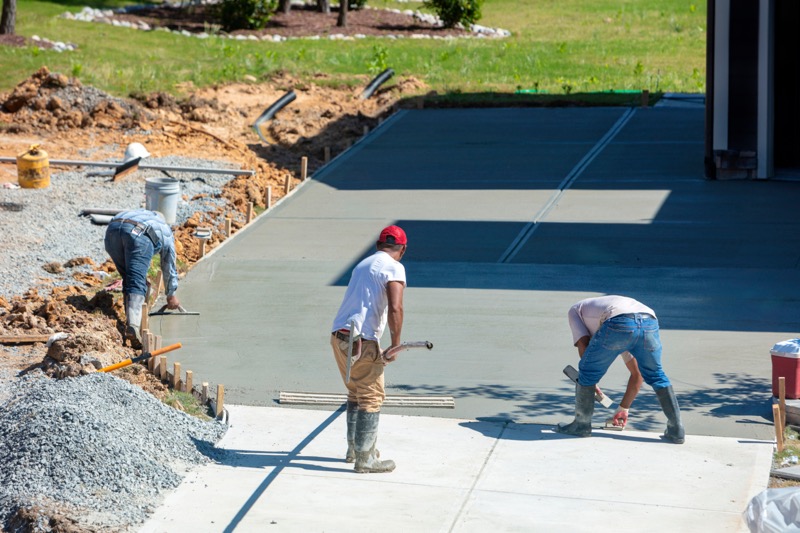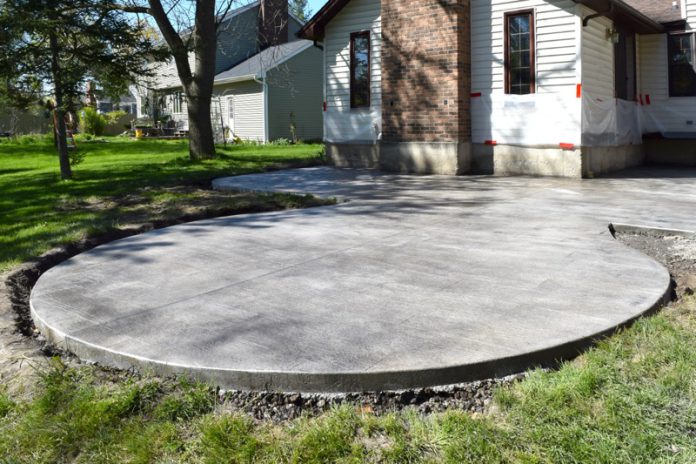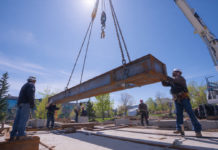There’s no doubt that a well-constructed home is aesthetically appealing and functional. It provides security and shelter for your family and can also be a valuable investment. The key to maximizing this investment potential is choosing the suitable materials for your home. This includes your materials for your home’s foundation, driveway, roofs, and other exterior projects like gazebos or patios.
There are a lot of factors that go into how much your home is worth. One of the most important yet often overlooked is the type of concrete used in your home’s foundation and driveway.

To learn more, here are some ways that concrete prices may affect your home’s value:
1. Affordable Pricing Means Better Renovations
Home renovations are a great way to increase the value of your home and attract buyers to buy it. For example, home inspectors such as Axios Home Inspections advise buyers to check on the condition of concrete sewer drain pipes when purchasing a home that is over 20 years old. As a seller, your ability to renovate your home, such as the sewer drainpipes, depends on the concrete’s cost and quality.
Using affordable but quality concrete is a great way to save money. This is especially true if you’re planning on doing a lot of projects. You can free up more of your budget for other essential renovations like new windows or sidings. Doing this will uplift your home’s value, and you can sell it for more.
2. Prices Affect Quality Of Work To Be Done
The cost of concrete also affects the quality of work you can do. If you’re working with a limited budget, you may have to skimp on the quality of materials. This can lead to a lower-quality finished product.
For example, if you’re pouring a new driveway and can only afford low-quality concrete, the driveway may crack and chip over time. This will decrease the curb appeal of your home and lower its value.
On the other hand, if you can afford high-quality concrete, you can hire good contractors such as Pro Angle Concrete Contractors to help you construct long-lasting driveways and patios. You can be sure that the finished product will look great and be durable. This work will add value to your home and attract more buyers.
3. Concrete Prices Determine Number Of Projects
The number of projects you can pursue also depends on the cost of concrete. If concrete prices are high, you’ll likely only be able to afford one or two projects. However, if concrete prices are low, you may be able to take on multiple projects. This is important because the more projects you can complete, the higher your home’s value would increase.
For example, if you can pour a new driveway and build a new patio, your home’s value will increase more than if you just poured a new driveway. This is because buyers are always looking for homes with additional quality features. By taking on multiple projects, you increase the saleability of your home because you’ll have everything that your buyers are looking for.
4. Buyers Value Homes With High Priced Concrete
While it’s true that you should be careful about overspending on your home upgrades, there is one reason why using high-priced concrete can add value to it. Keep in mind that when buyers are looking at homes, they will often pay attention to the quality of materials used. If they see that a home has high-quality concrete, they will be more likely to make an offer.
Buyers know that using high-priced concrete shows that the house was built with quality in mind. This home will last for years and won’t need significant repairs anytime soon. As a result, buyers are willing to pay more for these quality-built homes.
5. Concrete Prices Affect How Sellers Price Homes
A home is an investment, and homeowners are looking for ways to get their money back. Therefore, the cost of concrete also affects how sellers price their homes. If concrete prices are high, sellers will likely price their homes higher. However, if concrete prices are low, sellers may be more willing to negotiate the cost of their homes.
Typically, sellers will value their houses depending on how much they spend on them, which means the price of concrete is a major factor. If you’re selling your home and concrete prices have increased, you may have to adjust the cost of your home accordingly.
Conclusion
The cost of concrete can have a significant impact on your home. It can affect the value of your home, the number of projects you can take on, and the quality of work that you can do. As a result, it’s crucial to be aware of how concrete prices fluctuate so you can budget accordingly.















